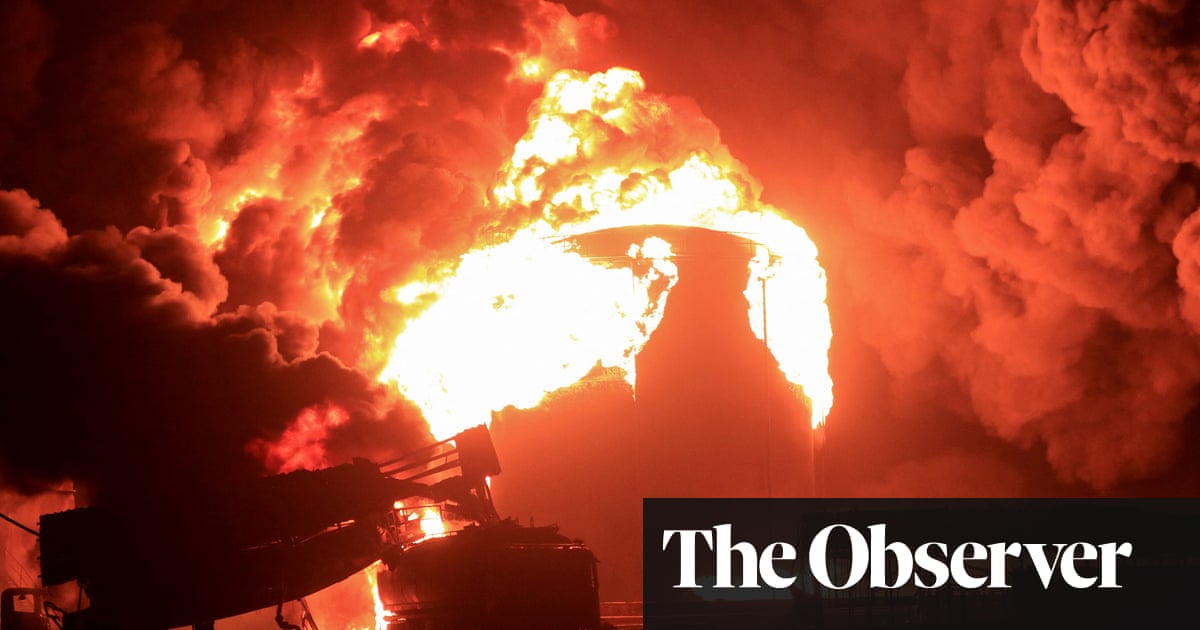If Iran’s newly elected president, Masoud Pezeshkian, was hoping for a honeymoon period after his inauguration last week, he must be sadly disappointed. Less than 12 hours after Pezeshkian was sworn in, an explosion, reportedly caused by a remotely controlled bomb, shook an Islamic Revolutionary Guard Corps (IRGC) compound in central Tehran. The target: Ismail Haniyeh, Hamas’s political leader, an honoured guest at the inauguration, and one of the Middle East’s most wanted. The bomb under the bed killed Haniyeh instantly. Honeymoon over.
The Haniyeh assassination, attributed to Israel and not denied in Jerusalem, has scrambled all those hopes. Pezeshkian finds himself in the eye of an international storm that analysts warn could lead to all-out war, engulfing the Middle East.
Infuriated by an audacious attack that humiliated him, his country and its elite armed forces, Khamenei – Iran’s ultimate authority – is said to have ordered preparations for direct military retaliation against Israel. Avenging Haniyeh’s death was “our duty”, Khamenei said. Pezeshkian had no choice but to meekly go along. Now the world waits to see what Iran will do. So much for a fresh start.
Iran’s next step may be decisive in determining whether the Middle East plunges into chaos. Its pivotal position should come as no surprise. Its gradual emergence as the region’s pre-eminent power has accelerated in the wake of 7 October. Iran’s anti-Israeli, anti-American “axis of resistance”, embracing militant Islamist groups in Lebanon, Syria, Iraq and Yemen, and ever more openly backed by China and Russia, is now a big force challenging the established western-led order.



What is in the people of that region has nothing to do with race. It’s religion.
Of religion gets educated out of that population I’m 100% certain they’ll function like anyone else.
It’s a moment in history, not an inviolable truth, which is what the comment I’m replying to implies. The West went through the same horrors closely enough in time that some people are still alive to tell the story. And the US has no lesson to teach people in the middle East. In less than 300 years of history, they’ve been at peace for less than 20 years. And they’ve been in 100+ conflicts according to Wikipedia. Other imperial powers in the West and elsewhere have comparable track records.
The region would be more stable if it wasn’t for imperialists. They made the bed for various extremist groups, and the middle East is paying the price.
The situation is comparable to someone lighting a fire and saying that the house was always on fire.